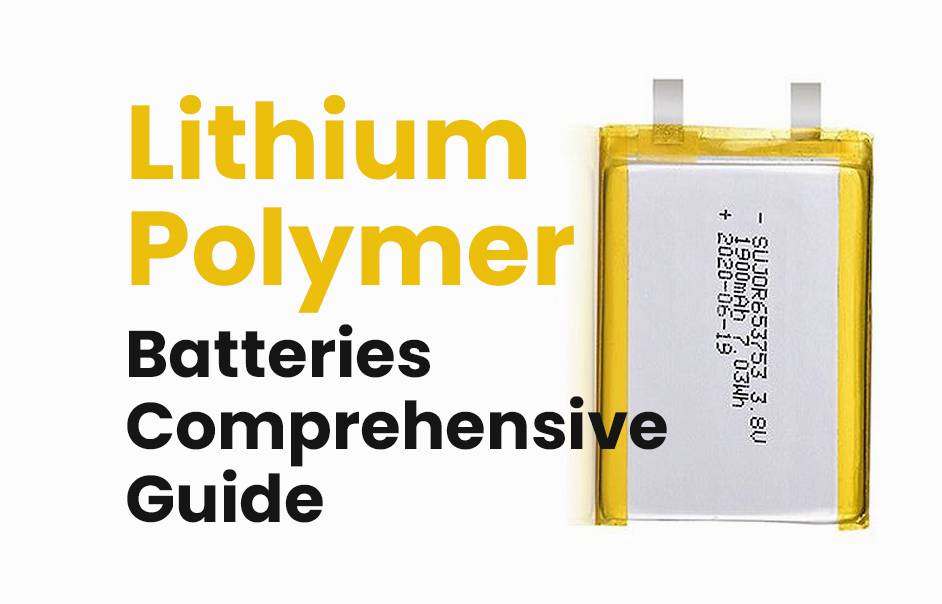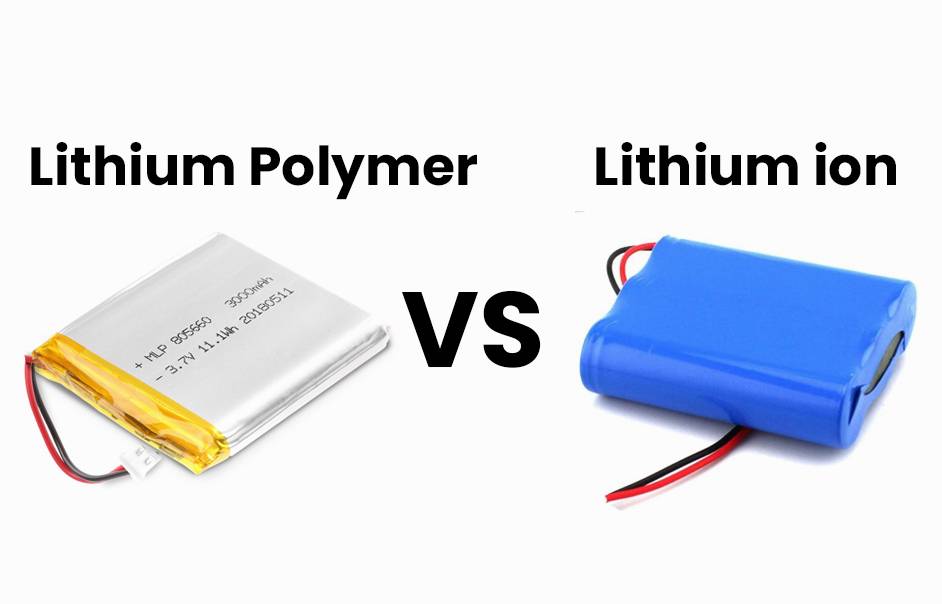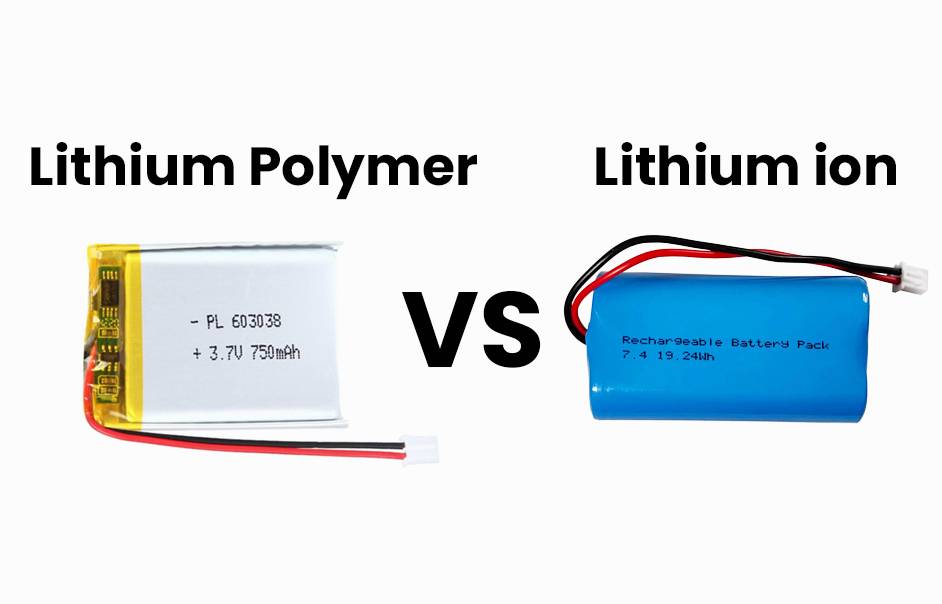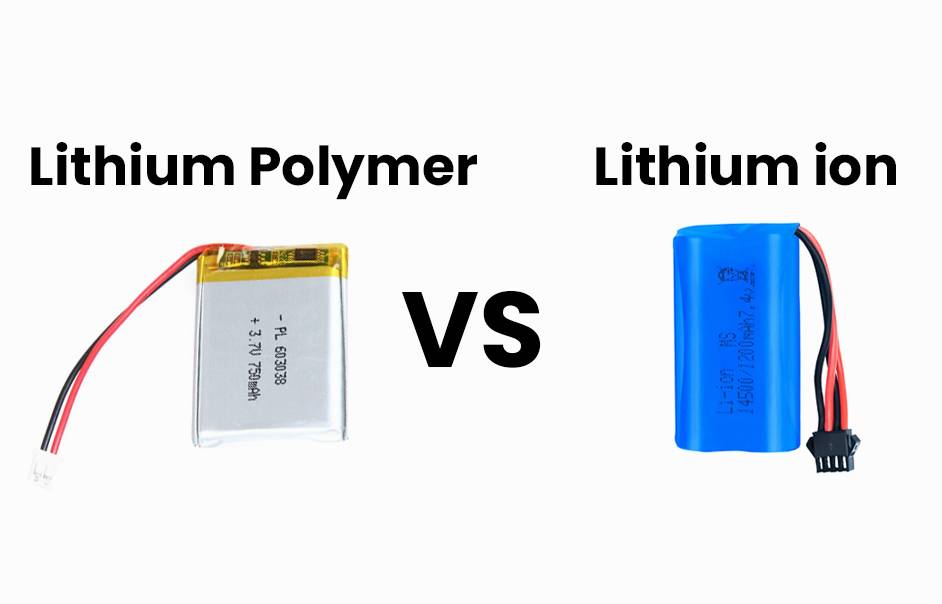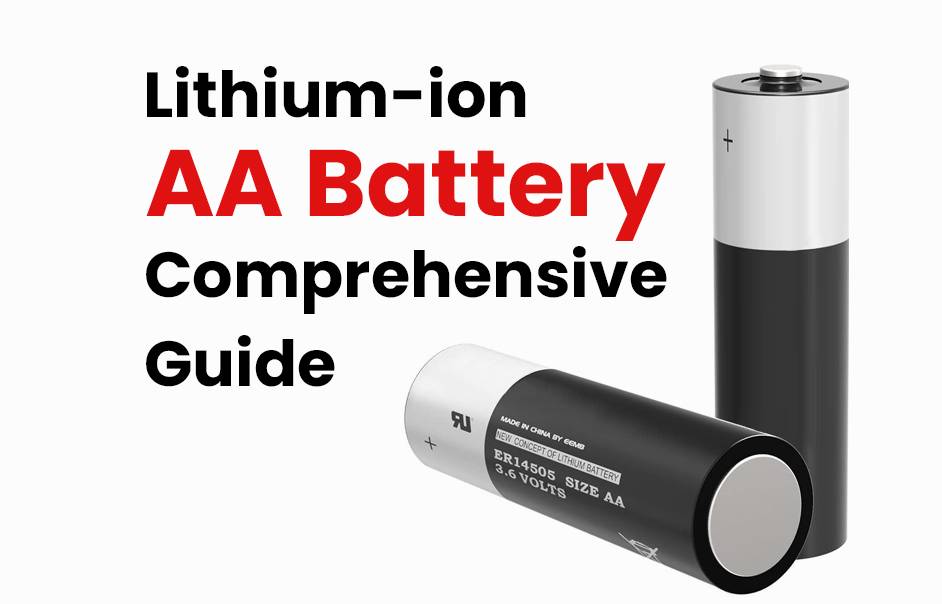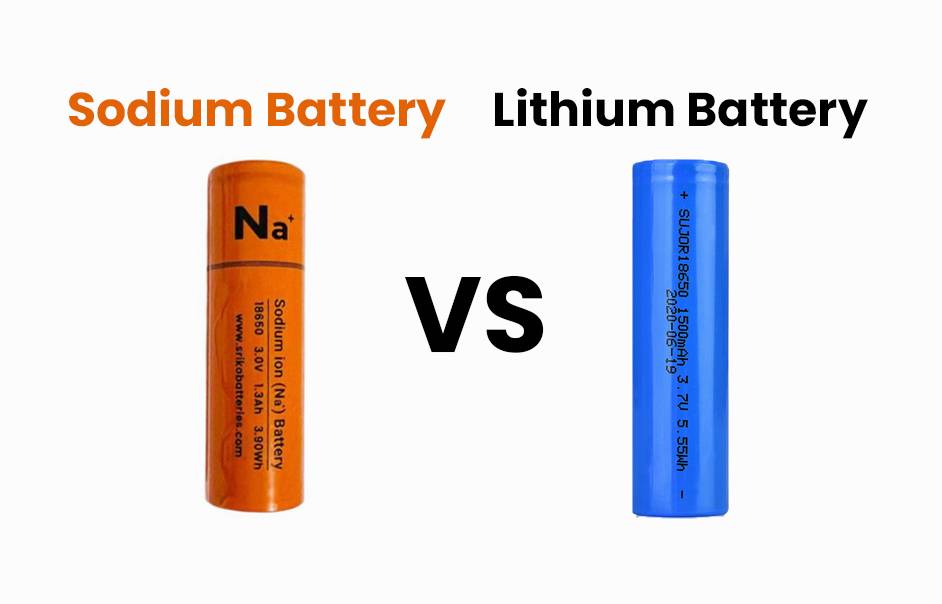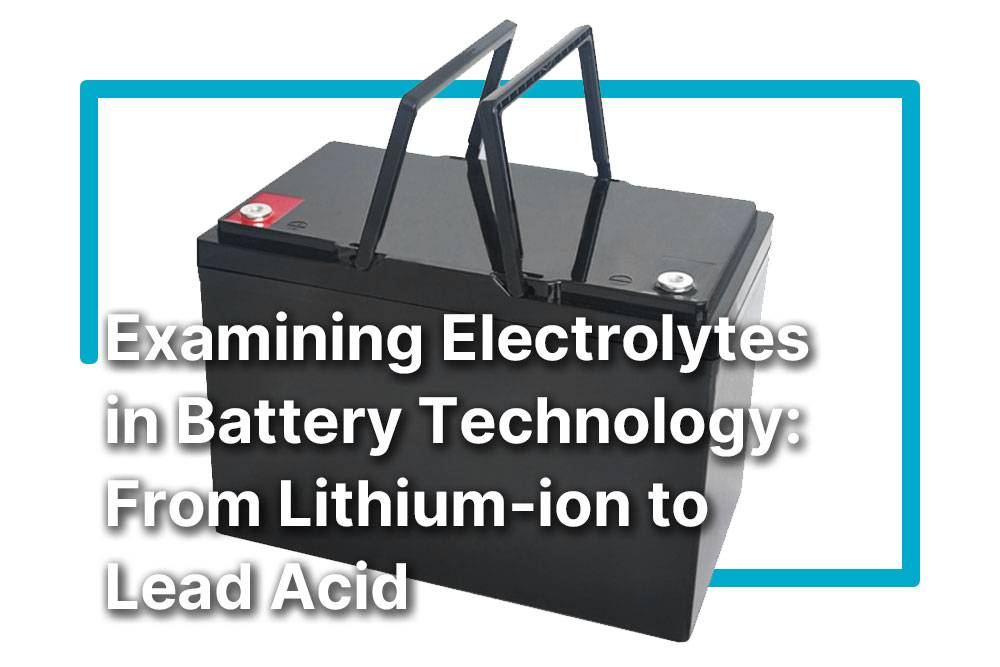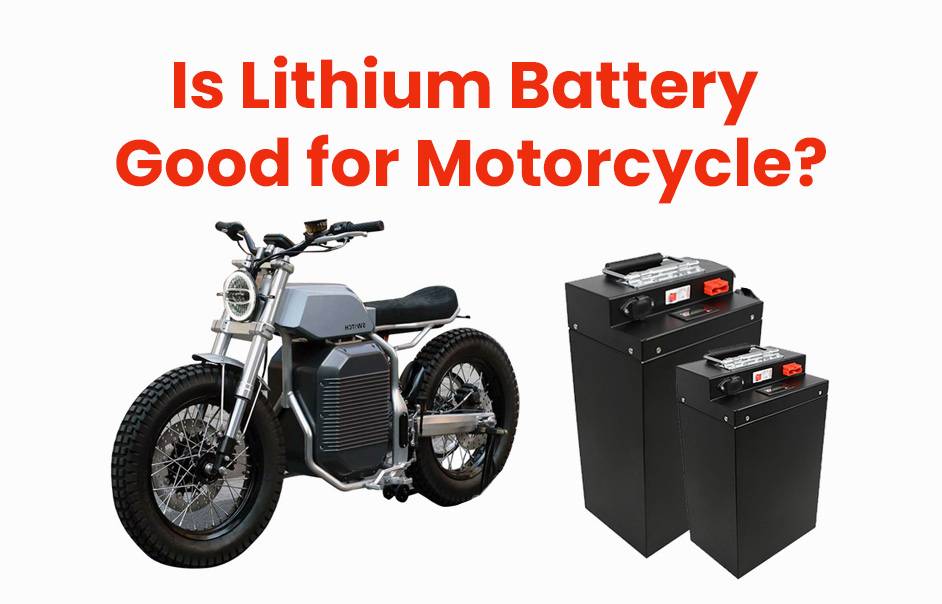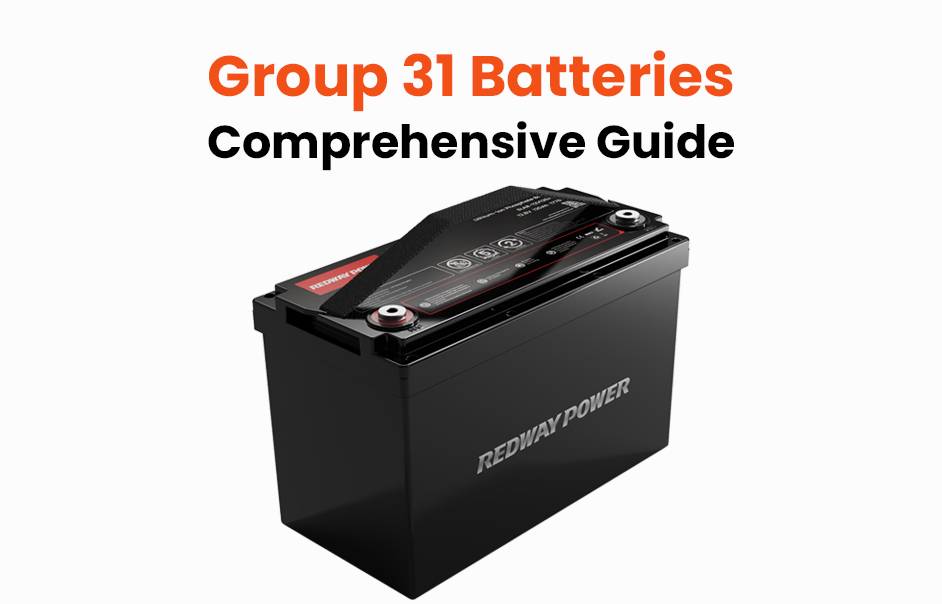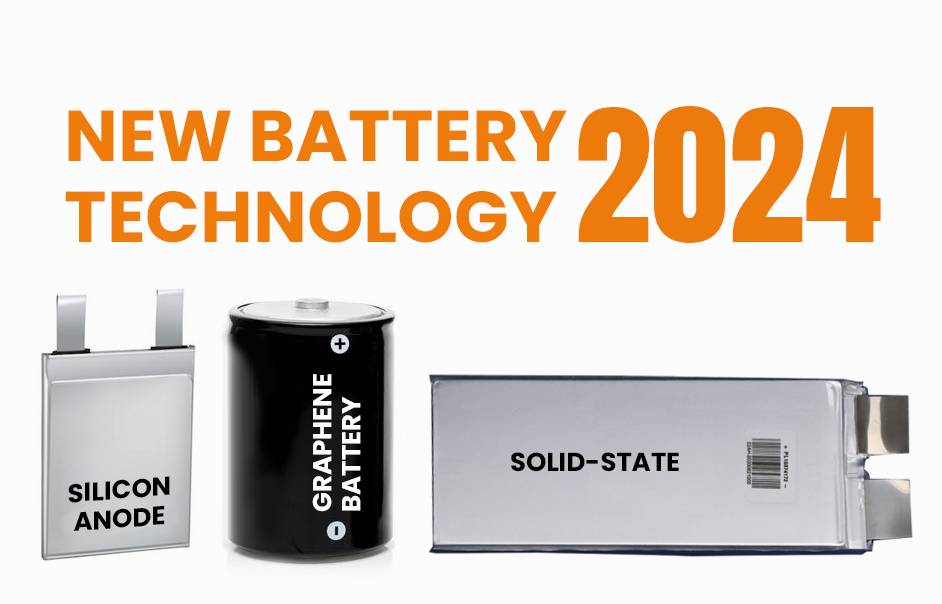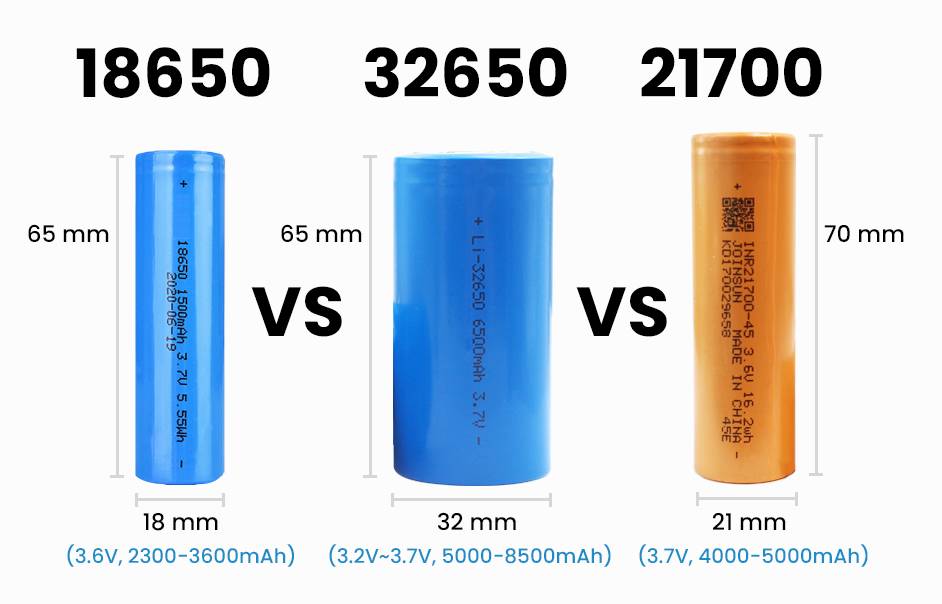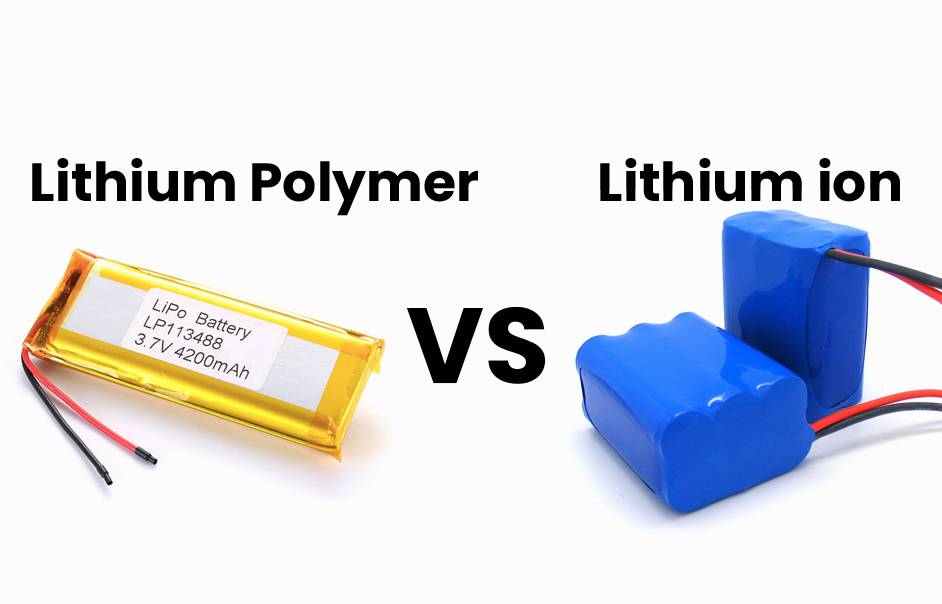
Blog
How Do Alkaline AA and Lithium AA Batteries Compare?
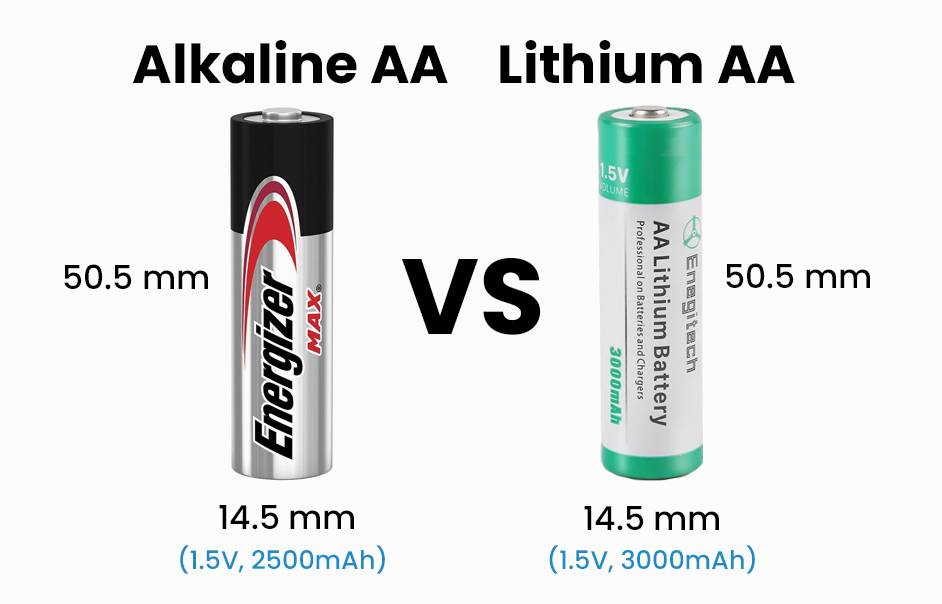
Alkaline AA and lithium AA batteries differ mainly in voltage, capacity, lifespan, and use cases. Lithium AA batteries offer higher voltage (up to 1.7V), longer life, and better performance in extreme conditions, while alkaline AA batteries are cheaper and suitable for low-drain devices. Choosing depends on device requirements and usage scenarios.
What are the voltage differences between Alkaline AA and Lithium AA batteries?
Alkaline AA batteries typically provide a nominal voltage of 1.5 volts, while lithium AA batteries deliver between 1.5 to 1.7 volts. This higher voltage in lithium batteries means devices often run brighter, faster, or with more power. Importantly, lithium batteries maintain a more stable voltage throughout discharge, whereas alkaline batteries’ voltage tends to drop gradually. This characteristic makes lithium batteries ideal for high-drain devices and prolonged use.
How do the capacity and cycle life of Alkaline and Lithium AA batteries compare?
Lithium AA batteries generally have a significantly higher capacity than alkaline ones, meaning they store more energy and last longer in use. While alkaline batteries offer about 2000-3000 mAh, lithium AAs can provide capacities approaching 3000-3500 mAh or more. Furthermore, lithium batteries have a much longer cycle life — often up to 10 times more — especially rechargeable lithium-ion types. Alkaline batteries typically last fewer cycles and degrade faster, particularly under heavy load.
What are the performance and safety differences between these batteries?
Lithium AA batteries perform well even in extreme temperatures, from freezing cold (-40°C) to high heat, making them suitable for outdoor and demanding applications. They have low internal resistance which supports high current drain without voltage drop. In contrast, alkaline batteries decrease performance in cold and may leak or swell, posing safety hazards. Lithium batteries are more stable chemically but should never be recharged unless specified. Alkaline batteries, if recharged or damaged, risk leakage and short circuits.
Which devices are best suited for Alkaline AA versus Lithium AA batteries?
Alkaline AA batteries are suitable for everyday low to moderate drain devices such as remote controls, clocks, and simple flashlights, where cost efficiency is critical. Lithium AA batteries excel in high-drain electronics like digital cameras, medical devices, GPS units, and portable power tools. They also work well in devices exposed to temperature extremes and where changing batteries frequently is inconvenient.
How do price and cost-effectiveness compare between Alkaline and Lithium AA batteries?
Alkaline batteries have lower upfront costs, making them attractive for low-usage or low-performance needs. However, lithium batteries, though costing 3 to 5 times more per unit, deliver longer operational life and sustain voltage better, leading to improved cost-effectiveness over time. Their longevity reduces the frequency of replacements, which can provide savings in total cost of ownership for high-use devices.
What is the environmental impact of using Alkaline versus Lithium AA batteries?
Both battery types contain hazardous materials and must be disposed of responsibly, preferably through battery recycling programs. Lithium batteries tend to be more environmentally friendly in the long run because they last longer and reduce waste. Alkaline batteries, especially disposable ones, contribute to more frequent waste. Redway Power emphasizes sustainable manufacturing and proper recycling to mitigate ecological impacts of battery use.
What are the chemical differences between Alkaline and Lithium AA batteries?
Alkaline batteries use manganese dioxide and zinc as electrodes with an alkaline electrolyte (potassium hydroxide). Lithium batteries feature metallic lithium at the anode with various cathode materials like iron disulfide or manganese dioxide and organic electrolytes. This difference in chemistry makes lithium batteries lighter, more energy-dense, and capable of delivering higher voltage and stable current.
How should you choose the right battery type for your device?
Choosing depends on device power requirements, usage frequency, and environmental conditions. For low-drain, everyday gadgets where cost is a concern, alkaline batteries are sufficient. For high-drain devices, longer life, and use in harsh climates, lithium batteries are preferable. Always check device manufacturer recommendations and whether batteries are rechargeable. Redway Power offers tailored OEM lithium battery packs optimized for diverse application needs.
What are the key safety and storage considerations for these batteries?
Store batteries in a cool, dry place away from metal objects to prevent short circuits. Lithium batteries should never be exposed to extreme heat or recharged unless designed for it. Alkaline batteries may leak over time, so check devices periodically and remove batteries if unused for long periods. Proper disposal through designated recycling centers is critical for both types to avoid environmental contamination.
Redway Power Expert Views
“Lithium AA batteries from Redway Power represent a significant leap in battery technology with superior energy density, safety features, and longevity. Our OEM expertise ensures custom lithium battery packs meet rigorous industry demands, from telecom to electric vehicles,” says a Redway Power battery specialist. “Choosing the right battery impacts device reliability and cost-effectiveness; lithium is the future for high performance, but alkaline remains practical for simple applications.”
Conclusion
Alkaline and lithium AA batteries suit different needs: alkaline for affordability and moderate power; lithium for longevity, stability, and high-drain applications. Understanding their voltage, capacity, chemistry, and price differences informs smart decisions. Sustainable use and disposal are crucial for environmental protection. Redway Power’s seasoned experience and commitment to quality drive innovation to meet evolving energy demands.
FAQs
Q: Can lithium AA batteries be recharged?
A: Most lithium AA batteries are non-rechargeable except for lithium-ion variants; consult product specs.
Q: Why do lithium batteries last longer in cold weather?
A: Lithium chemistry maintains voltage and current flow better at low temperatures than alkaline.
Q: Are lithium batteries safe for all devices?
A: Generally yes, but always check device compatibility due to different voltage outputs.
Q: How long do lithium AA batteries typically last unused?
A: Up to 10-15 years shelf life under proper storage.
Q: Where can I recycle old batteries safely?
A: Through local hazardous waste programs or battery collection points recommended by Redway Power.




